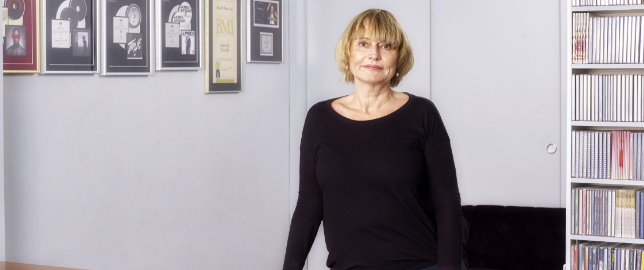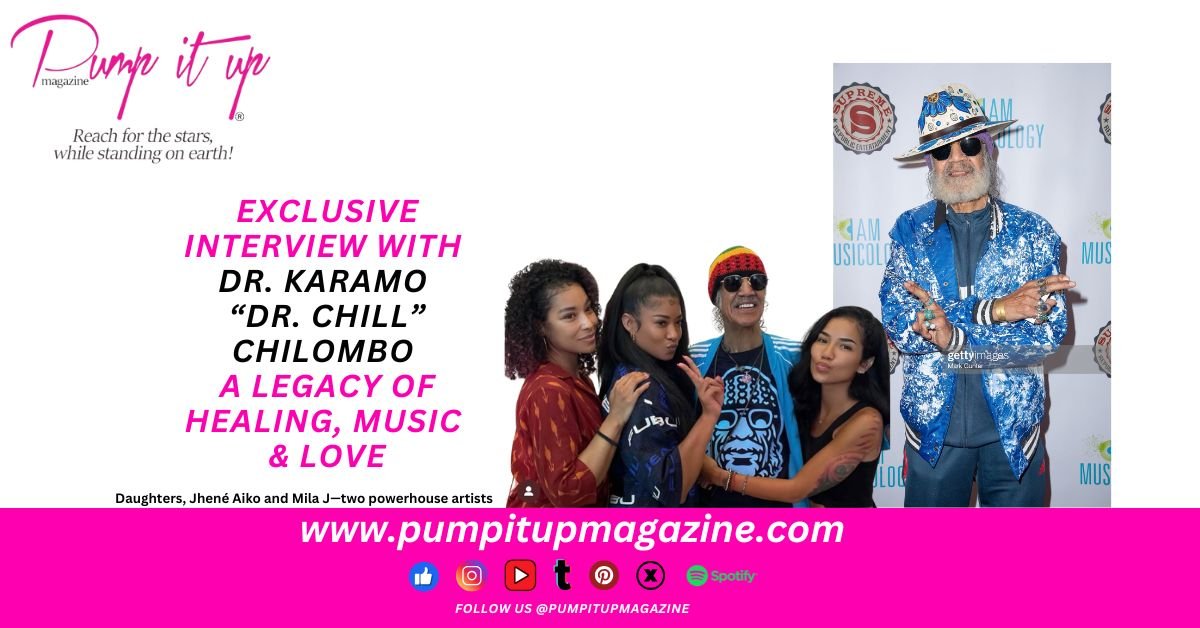Annette Barrett, MD of Reservoir/Reverb Music (pictured, main). Over a 30-year career in music publishing, the British exec has worked with artists including George Michael, Elton John, Eric Clapton, Madonna, Prince, Sting, and The Police – including stints at Virgin Music and Warner/Chappell. Since 2001, she has been MD of Reverb, which was acquired by New York-based Reservoir in 2012. The firm’s roster includes Ina Wroldsen, Lucy Rose, and Apollo 440.
‘Where do you discover the talent you sign?’
You would be hard-pressed to find an A&R executive who hasn’t been asked some version of this question at least once in their career.
In today’s industry, when outlets for user-generated audio and video content seem to multiply every day, you might presume certain answers to this inquiry:
- ‘I comb Soundcloud extensively.’
- ‘I track the most popular video performances on YouTube.’
- ‘I watch clips of contestants from X Factor and The Voice.’
There’s no doubt that the proliferation of platforms for showcasing talent and gleaning real-time public feedback has been both empowering for aspiring musicians and useful to an industry that, despite its best efforts, cannot predict every success.
Signings and other triumphs from Reservoir/Reverb Music’s own catalog have arisen from online enthusiasm – events for which both the talent and team have been grateful.
In fact, since the first YouTube video of a bedroom performer went viral, the idea of being plucked from obscurity because of a million-view clip or high play-count audio stream has been an alluring best-case-scenario for self-promoting artists and producers, and a seemingly safe bet for those who sign talent.
Some might wonder, then, whether the A&R community has been trained to rely on what screens show us when it comes to sourcing talent.
(I imagine that songwriters posting daily to YouTube in between X Factor auditions hope that this is the case!)
My thought, from the perspective of someone who has had the pleasure and privilege of signing and collaborating with some of music’s most respected artists since the 1980s, is that there’s more to the story of a successful signing than online buzz.
While our first exposure to an artist, songwriter, or producer may very well stem from a hyperlink, it’s important to acknowledge all of the offline encounters that must check out before an A&R executive can stand behind new talent.
In music publishing in particular, it’s impossible to reduce the craft of A&R to a game of tracking metrics, because it’s crucial that we understand how a songwriter works behind closed doors, not just how well they reach a faraway following.
Once signed, will they be receptive to input from a Creative team? Do they collaborate well with other writers?
What are the creative quirks that will factor into their productivity and ultimate success?
“IN MUSIC PUBLISHING IN PARTICULAR, IT’S IMPOSSIBLE TO REDUCE THE CRAFT OF A&R TO A GAME OF TRACKING METRICS.”
It’s become even more crucial that we understand these factors in the case of songwriters who also perform, as publishing A&R teams are increasingly compelled to absorb the artist development duties that were once the domain of record labels.
(Did you know Taylor Swift signed to Sony/ATV – aged 14 in May 2005 – months before she signed to Scott Borchetta’s Big Machine record label?)
So, add to our list of vetting considerations:
- Does the writer-performer connect with an audience in a live show as well as they do in an edited video?
- Are they charming and memorable in off-the-cuff interviews and interactions?
- Do they actually sound good?
This kind of insight can only be gained through continued face-to-face interaction with a writer, regardless of their persona as packaged for an online fan base.
Songwriters who have arguably ‘made it’ appear to be craving human touch as much as the A&R teams who sign them. In recent years, I have had several writers – some young and developing, others internationally successful household names – explain that their desire to have an ongoing relationship and dialogue with a tight-knit Creative team is what leads them to forego deals with large music publishing companies in favor of a boutique, independent publisher with a high executive-to-songwriter ratio.
Judging from their testimonies, it seems that in a time when songwriters and artists are more visible than ever thanks to their online presence, a great number still don’t really feel seen.
“IN A TIME WHEN SONGWRITERS AND ARTISTS ARE MORE VISIBLE THAN EVER THANKS TO THEIR ONLINE PRESENCE, A GREAT NUMBER STILL DON’T REALLY FEEL SEEN.”
To help navigate this paradoxical landscape of vast followings and personal disconnectedness, I am listening to the voices of people I know personally more closely than ever.
While metrics have their place – millions of online interactions with an artist or piece of music surely reveal some clue to what the public wants – endorsements from the people I trust among my immediate team, respected peers, and regionally savvy international network are at a premium when it comes to distinguishing fleeting viral fame from potential partners for years to come.
The more reactive and transitory fans become, the more I appreciate perspective spanning farther than the immediacy of what’s hot online today.
I encourage songwriters to think the same way.
Cultivate your personal network as passionately and consistently as you publish content and chase followers, and it will reward you for far longer.
Pour effort into relationships with people whose experience you can learn from, just as you do with the anonymous followers you hope to turn into lifelong fans.
“I’VE CHOSEN TO BUILD A CAREER NOT ONLY ON SENSITIVITY TO WHAT ENTERTAINS THE PUBLIC, BUT ON RELATIONSHIPS THAT HAVE PERSISTED THROUGH CHANGING LANDSCAPES AND MEDIA TRENDS.”
Seek counsel from well-meaning, well-connected executives in the industry who will help you to develop a long-term career perspective, people who believe in the trajectory of your success so much that they will vouch for you by the time a link to your latest post makes it to my inbox.
Like others in this industry, I’ve chosen to build a career not only on sensitivity to what entertains the public, but on relationships that have persisted through changing landscapes and media trends.
I’m confident that those seeking songwriting success today can benefit from both sides of this story as well.Music Business Worldwide
Source : MBW













